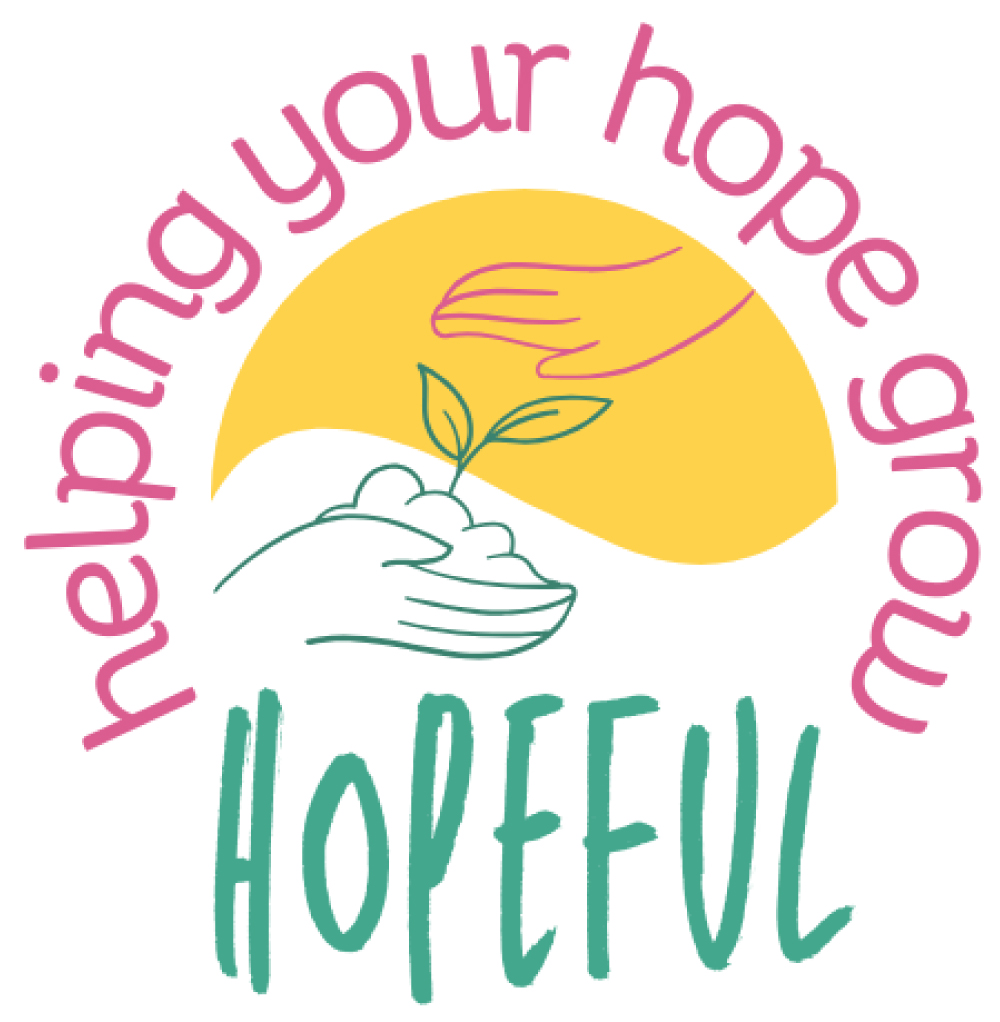P – Patient
Being patient means continuing to be there and using gentle, respectful persistence to help young people stay involved in HOPEFUL even when it’s difficult.
- Being there
Being a consistent support in the life of the young person is a powerful thing to do. It is important that you stick to what you say you will do, e.g., being on time. It’s particularly important to remind the young person that you are still there during any periods in which they seem to become disengaged from HOPEFUL.
If you say you’re going to follow up, you do it on time. If you say you’re going to be there and then you cancel at the last minute, or you forget or don’t go, that can create hopelessness and feed into a lifetime of experience that that young person has of being let down.
- Using gently, respectful persistence
Some young people may find it really hard to connect with you, or to engage with HOPEFUL, even if they really want to do so. This might be especially the case for young people with mental health problems, are autistic or have ADHD, or have had negative experiences with adults who they hoped would be able to help them in the past.
You may need to spend some time at the beginning of HOPEFUL just being together. It might be that the young person meets you but doesn’t seem to want to be there, doesn’t really talk or engage with you, or perhaps they miss sessions or don’t reply when you contact them.
It will help if you remind them that you haven’t gone anywhere, that everything is okay, that you have time for them and would like to support them when they are ready. It’s important to do this even if the young person seems to be struggling to reply. Try to gently explore, if you can, any particular challenges the young person is experiencing that are getting in the way of them feeling able to connect with you or work on HOPEFUL. See HOPEFUL Trouble-shooting for more tips.
They might be okay coming in for a couple of sessions, but then they have a bad day and then they don’t want to go, and then they feel like they can’t go back because they’ve they didn’t turn up one day. It’s really important, if that happens, to let them know that it’s okay and it’s okay to come back, “You haven’t messed everything up”. Giving them that information that it’s okay to not turn up or to make mistakes, it doesn’t mean that the support is over. And then usually when that happens, maybe next time you might get text saying that they can’t turn up because they’re having a bad day kind of thing.
